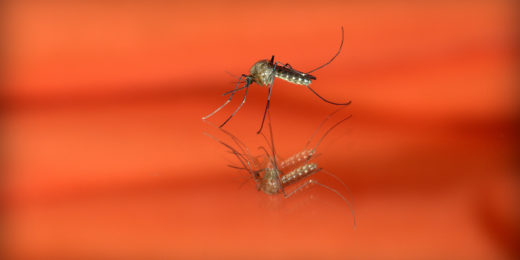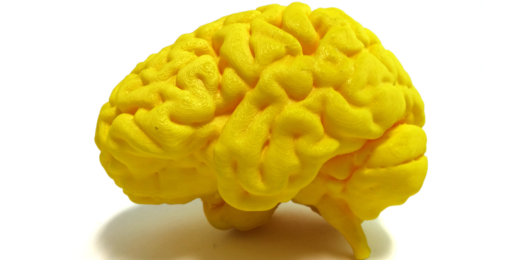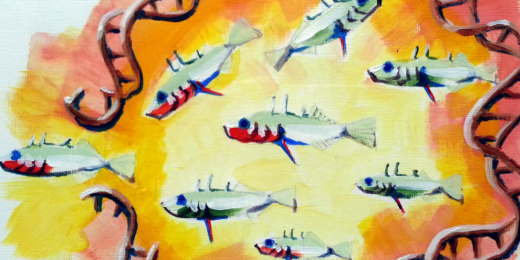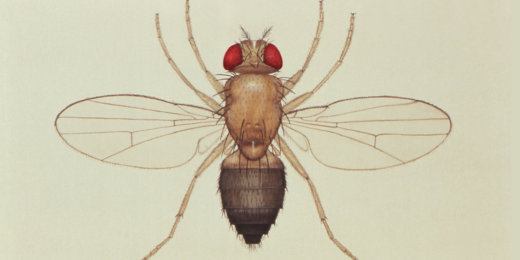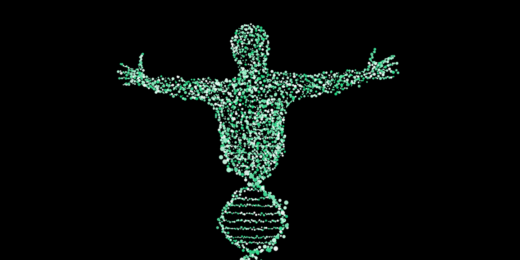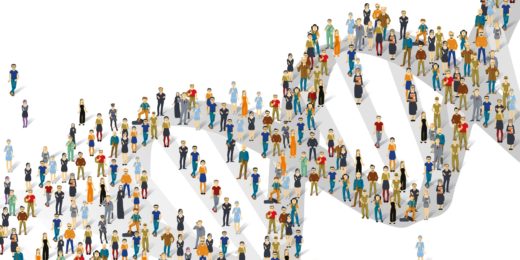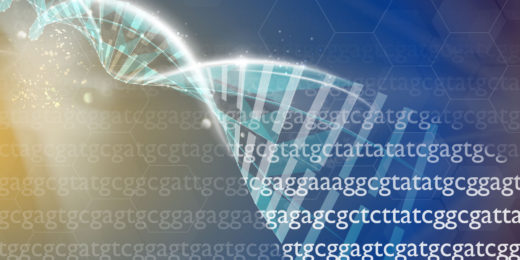Stanford epidemiologist Steve Luby remains optimistic, although he believes that human extinction is in the relatively near future is possible.
Category: Genetics
When will dengue turn life-threatening? Researchers identify genes that provide a tell
Stanford scientists have devised a way to predict the severity of dengue cases using a set of 20 genes and specific expression patterns.
“Scientific serendipity” identifies link between type of RNA and autism
Long non-coding RNAs are important but poorly understood regulatory elements. Now Stanford scientists have uncovered they play a role in autism.
Superior technique identified that can block CRISPR gene editing
A team of Stanford researchers has investigated several ways to block CRISPR gene editing and have found one that seems to work best.
Fragile DNA key to evolutionary leaps, say Stanford scientists
Fragile DNA may be key to major evolutionary changes in species as diverse as fish and humans, Stanford researchers believe
Tales of tech wonders and worries are Stanford Medicine magazine’s top 2018 reads
The top Stanford Medicine magazine stories of 2018 tell of technological advances and possible dangers.
From flies to humans — connecting the dots to find a potential treatment for a progressive movement disorder
Researchers leverage studies in fruit flies to identify a potential treatment for people with neurodegenerative disorder called spinocerebellar ataxia.
Improving PTSD care through genetics
Although sparked by trauma, PTSD has a genetic component as well, which can influence what therapy is most successful and provide other insights.
Study shows that having genetic information can affect how the body responds
New Stanford research found that knowing your genetic make-up can affect how your body responds and potentially affect your risk for certain conditions.
May I have this dance? Nuclear chaperones guide transcription factors to DNA
Proteins that guide transcription factors from the nuclear membrane to the DNA cause drug-resistant skin cancers and are new targets for drug development.
New algorithm could accelerate diagnosis of genetic diseases using clinical records
Stanford researchers led by Gill Bejerano have developed an algorithm that can rapidly inform diagnoses using clinical records.
Behind many a Parkinson’s case lurks a mutation in a gene called LRRK2 — why?
Genetic mutations affecting a single gene called LRRK2 play an outsized role in Parkinson's disease, but nobody's been able to say what the connection is between the genetic defect and the brain-cell die-off that characterizes the condition. Here's a clue.
Developing cells rely on genetic switches, DNA looping to become different tissue types, Stanford researchers find
DNA looping, or folding, directs a cell's developmental fate. Harnessing this 'DNA origami' could help researchers generate specific tissues for therapies.
A look at how colds and chronic disease affect DNA expression
Geneticist Michael Snyder has tracked the expression of his genes for three years, focusing on changes in response to chronic or acute disease.
Big data strikes again — subdividing tumor types to predict patient outcome, personalized treatment
A Stanford team has developed an algorithm that uses data about tumors to identify new classifications that can provide information about patient outcomes
Genetics of rapid deer antler growth, discovered
Stanford scientists identified two key genes responsible for the rapid bone growth of deer antlers, a finding that may one day help treat bone disease.



